Is there such a thing as healthy chocolate? Nutritionist debunks the myth
This is what a nutritionist thinks about healthy chocolate and the real benefits of dark chocolate
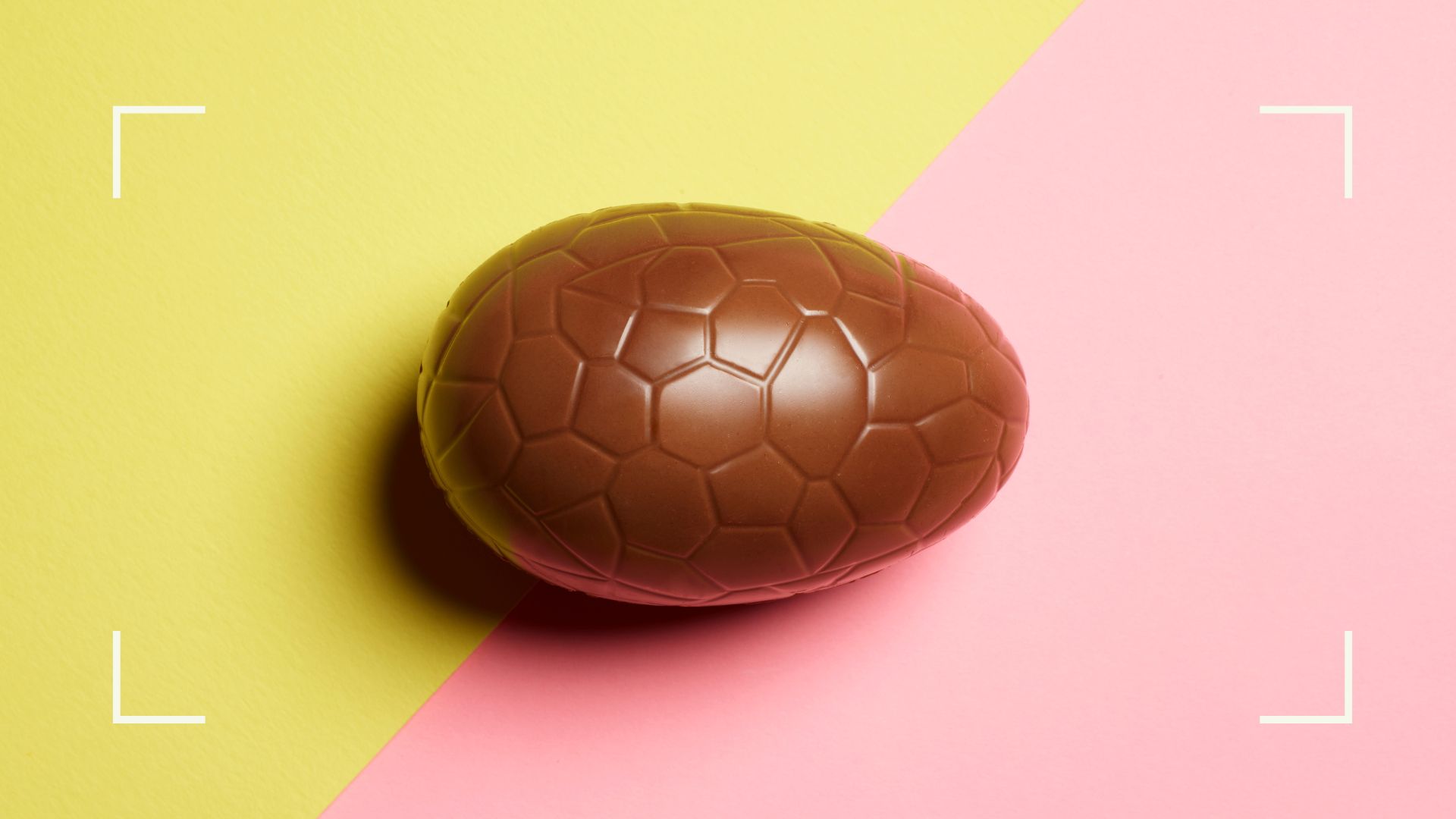

With Easter now here, claims of 'healthy chocolate' and the 'best' chocolate to eat over the long weekend are everywhere on the internet. For many, enjoying chocolate is one of the best things about the Easter bank holiday weekend (sans the big lunch), but why is it that this enjoyment is so often followed by worry and a feeling of guilt around what you've eaten once the day is over?
No matter what your approach to food is, we've all been programmed to restrict ourselves and encouraged to go for the so-called 'healthy' option when it comes to choosing food. Whether that's feeling like we have to go for the healthy Easter eggs, the lower calorie snacks, foods, and even drinks at Easter, or simply avoid all the 'treats' totally, what should be a time of relaxation often comes with a lot of food anxiety.
So while there is plenty of information out there about how to stop eating chocolate for those who want it, we spoke to nutritionist Jenna Hope about why it's not worth denying yourself sweet treats this season, and how to simply enjoy tucking into the best Easter eggs this weekend.
Does healthy chocolate exist?
Ultimately, it depends on what you mean by 'healthy'. When consumed in moderation, all kinds of chocolate can fit into a healthy balanced diet. “Viewing foods as good and bad can often put certain foods on a pedestal and contribute to feelings of guilt, which in turn, can add to the binge and restrict dieting cycle,” explains nutritionist Hope. “Enjoying chocolate every so often in moderation can contribute to a healthier relationship with food.”
Trying to stay away from chocolate because it’s got more calories or is higher in fat than an apple, for instance, only contributes to feelings of deprivation. “This can then stimulate a huge desire to eat and in such cases, there’s a risk of over-consuming these foods too,” she says.
Research from the University of Canterbury confirms this. The study looked at participants who associated chocolate cake with guilt and those who associated it simply with celebration. They found that those who mentally linked chocolate cake with guilt did not report more positive attitudes toward healthy eating, nor any stronger intentions to eat healthily compared to the other group.
In fact, researchers discovered that those who associated chocolate with feelings of guilt had less behavioral control over their eating patterns and experienced intense fluctuations in weight over an 18-month period. In comparison, those who associated chocolate cake with celebrations and ate it without restriction were more likely to not only maintain their weight but were more likely to lose weight, too.
Sign up for the woman&home newsletter
Sign up to our free daily email for the latest royal and entertainment news, interesting opinion, expert advice on styling and beauty trends, and no-nonsense guides to the health and wellness questions you want answered.
Plus, eating chocolate rather than restricting it has so many more health benefits than just physical ones, especially when it comes to seasonal holidays. “For many people, consuming chocolate is part of Easter festivities which they enjoy with friends and family. Joining in with the Easter eggs can be really nourishing for your social wellbeing too,” Hope points out. So, it’s better to have a little bit of chocolate now and enjoy the moment, rather than avoid it, as you may only eat more of it than you otherwise would have in the future.
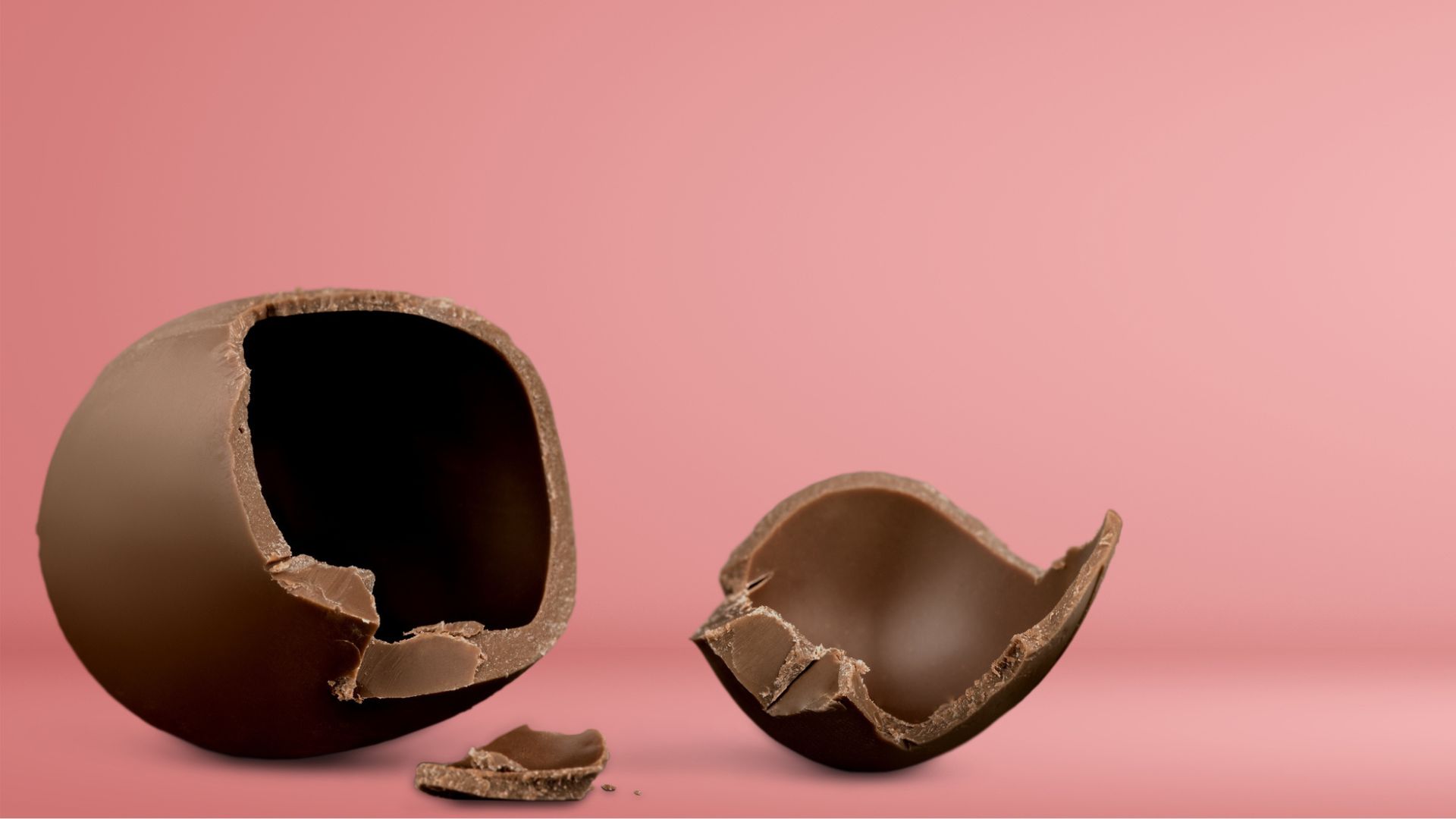
This is a point that Dr Laura Thomas, registered nutritionist and author of Just Eat It, also makes. "Yes, Easter foods are delicious, but if we restrict delicious foods year-round and only have them on special occasions, they feel way more exciting than they really are. This can cause us to eat way more than we really want because we know, come Tuesday, the diet starts again," she wrote on Instagram.
If you really want to make chocolate 'healthier', why not add to it, rather than taking away? This could mean having probiotic-rich yogurt alongside your white chocolate Easter egg, complementing your Easter carrot cake with some fresh strawberries, or if you're working out regularly, hopping on one of the wellness trends for 2023 and going for a high-protein chocolate bar.
Is dark chocolate good for you?
Dark chocolate isn’t ‘good’ or ‘bad’ for you, it’s just another type of food that should be included as part of a balanced diet if you enjoy it. It does include some properties that can help in supporting heart health and vascular function though, explains Hope.
“Generally speaking, dark chocolate has a much higher percentage of cocoa than milk chocolate, which is a great source of polyphenols, especially flavanols. These have antioxidant properties, which means they limit free radicals in the body. Free radicals are a natural by-product of digestion, exercise, and exposure to pollutants and they contribute to cell damage and cell death,” she explains.
“Dark chocolate has been associated with improved vascular function, reducing blood pressure and supporting heart health due to its polyphenol and theobromine content.”
“Cocoa is also rich in all the benefits of magnesium, which plays a key role in muscle and nerve relaxation and energy production,” she says. “It’s also typically lower in sugar and it provides some calcium and iron, which are important for supporting bone health and transporting oxygen around the body.”
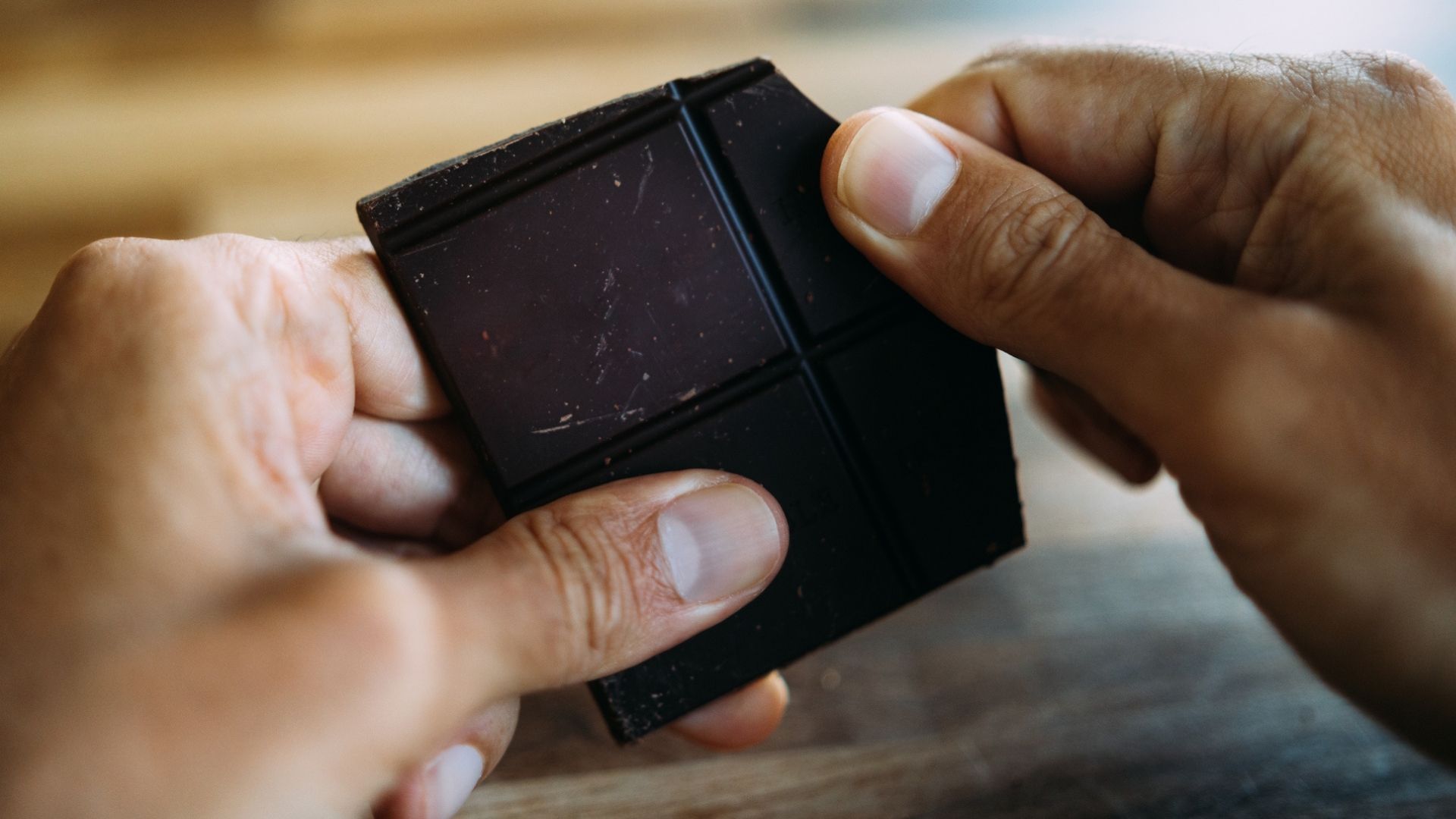
However, the quantities of these flavanols, magnesium, calcium, and iron are too low to actually make any substantial impact on their own. Several studies, including one by the University of Amsterdam, point to the fact that these nutrients on their own are excellent for our health, but they're better sourced in other foods like nuts and seeds, leafy green vegetables, and beans.
So, if the only reason you’re opting for a dark chocolate Easter egg is that it’s supposedly ‘better’ for you, but you’d actually prefer a milk chocolate one or a bag of white chocolate buttons, it will always actually be better to have those in moderation rather than trying to compromise with a square of the hyped-up 80% dark.
And the same goes for low-calorie chocolate alternatives. While they might be lower in calories, the product swapped in for sugar is often a sweetener called sucralose. As well as giving foods an overly sweet, artificial flavor that can spike insulin levels, leading to even more sugar cravings, one study from University of Campinas went so far as to suggest that when sucralose is heated with glycerol, one of the compounds in fat molecules, it produces a harmful substance which may pose an increased risk of cancer over time.
A study by Middle East Technical University also looked at the compounds of low-calorie chocolate and concluded that only a partial replacement of sugar, rather than a complete replacement, wouldn't impact the taste or texture of chocolate on the mass market.
So, while the ingrained principles of diet culture have us thinking that we should always opt for the 'lesser' option - like chocolate with fewer calories, less fat, less sugar and so on - when it comes to picking your chocolate at Easter and beyond, the evidence would suggest that opting for want you want to eat, rather than what you feel you 'should' eat, and avoiding the concept of healthy chocolate altogether, works out better in the end.

Grace Walsh is woman&home's Health Channel Editor, working across the areas of fitness, nutrition, sleep, mental health, relationships, and sex. She is also a qualified fitness instructor. In 2025, she will be taking on her third marathon in Brighton, completing her first ultra marathon, and qualifying as a certified personal trainer and nutrition coach.
A digital journalist with over seven years experience as a writer and editor for UK publications, Grace has covered (almost) everything in the world of health and wellbeing with bylines in Cosmopolitan, Red, The i Paper, GoodtoKnow, and more.
-
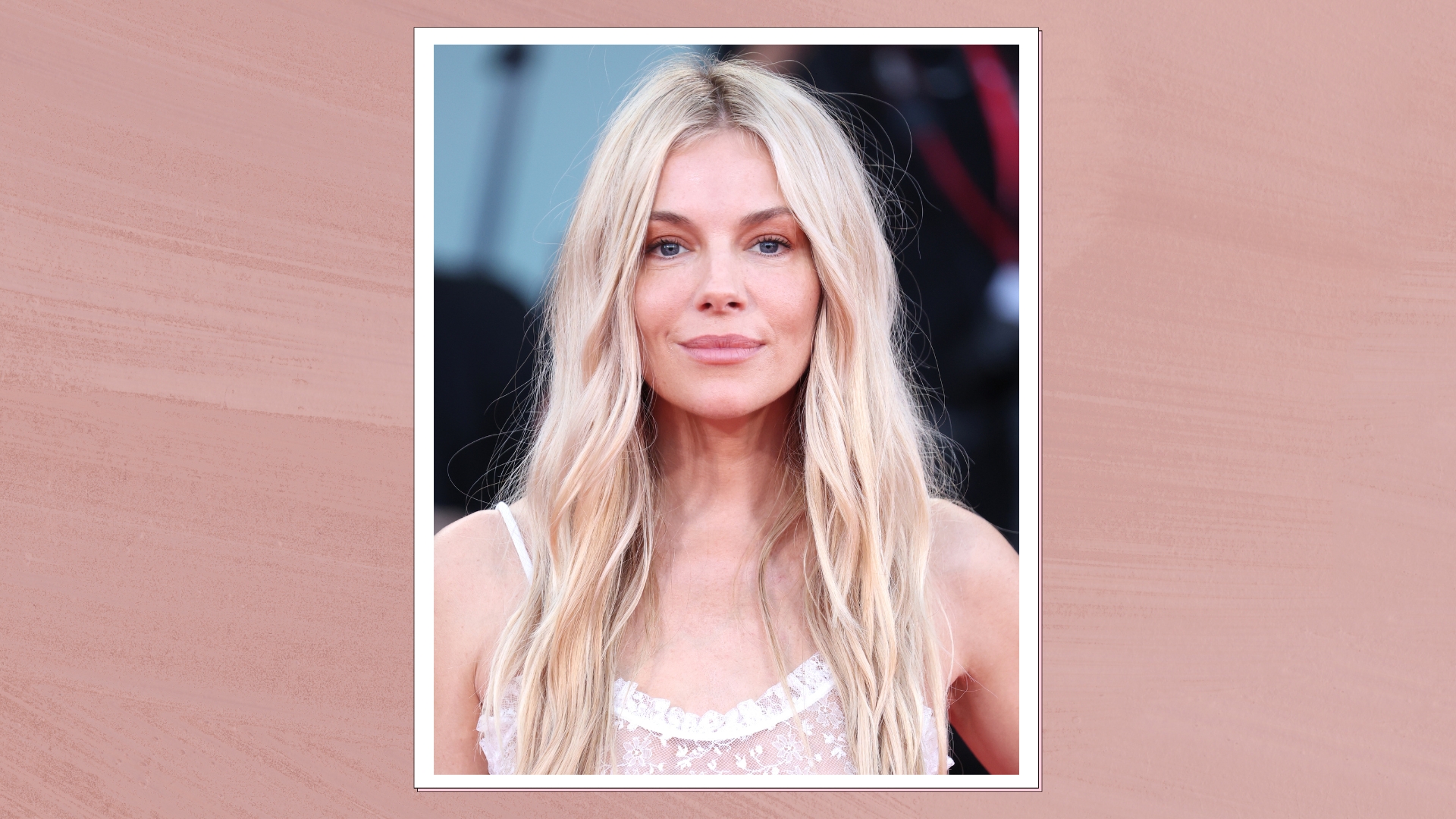 We're in awe of Sienna Miller's easy-going and 'piece-y' hairstyle and how perfect it is for spring
We're in awe of Sienna Miller's easy-going and 'piece-y' hairstyle and how perfect it is for springThis laid-back hairstyle is - quite literally - making waves this season
By Naomi Jamieson Published
-
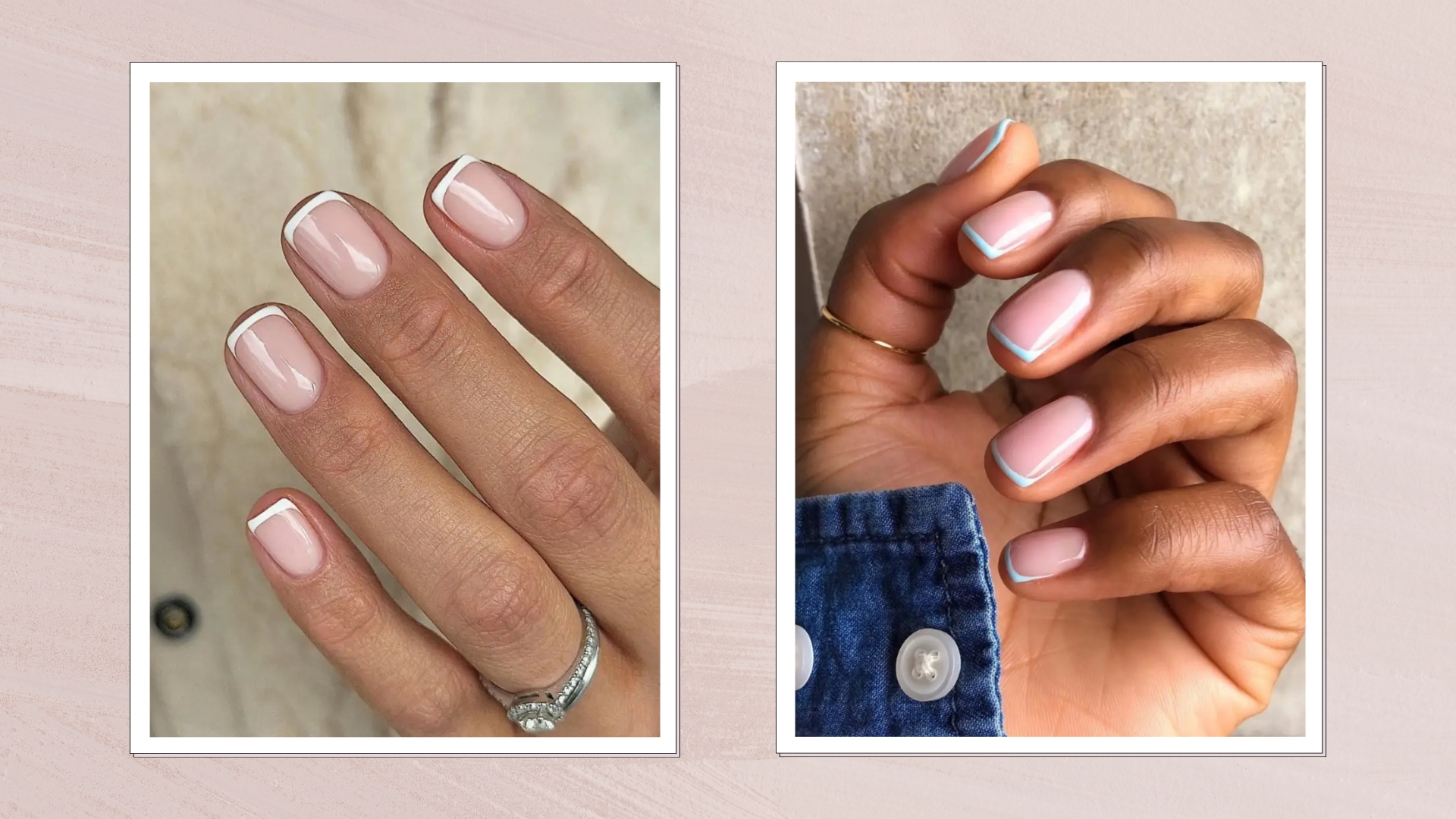 We never thought we'd see this 'dated' manicure make a chic comeback, but here it is - and we're on board
We never thought we'd see this 'dated' manicure make a chic comeback, but here it is - and we're on boardClean and angular, short square French tips are a go-to this season for a practical but stylish manicure...
By Naomi Jamieson Published